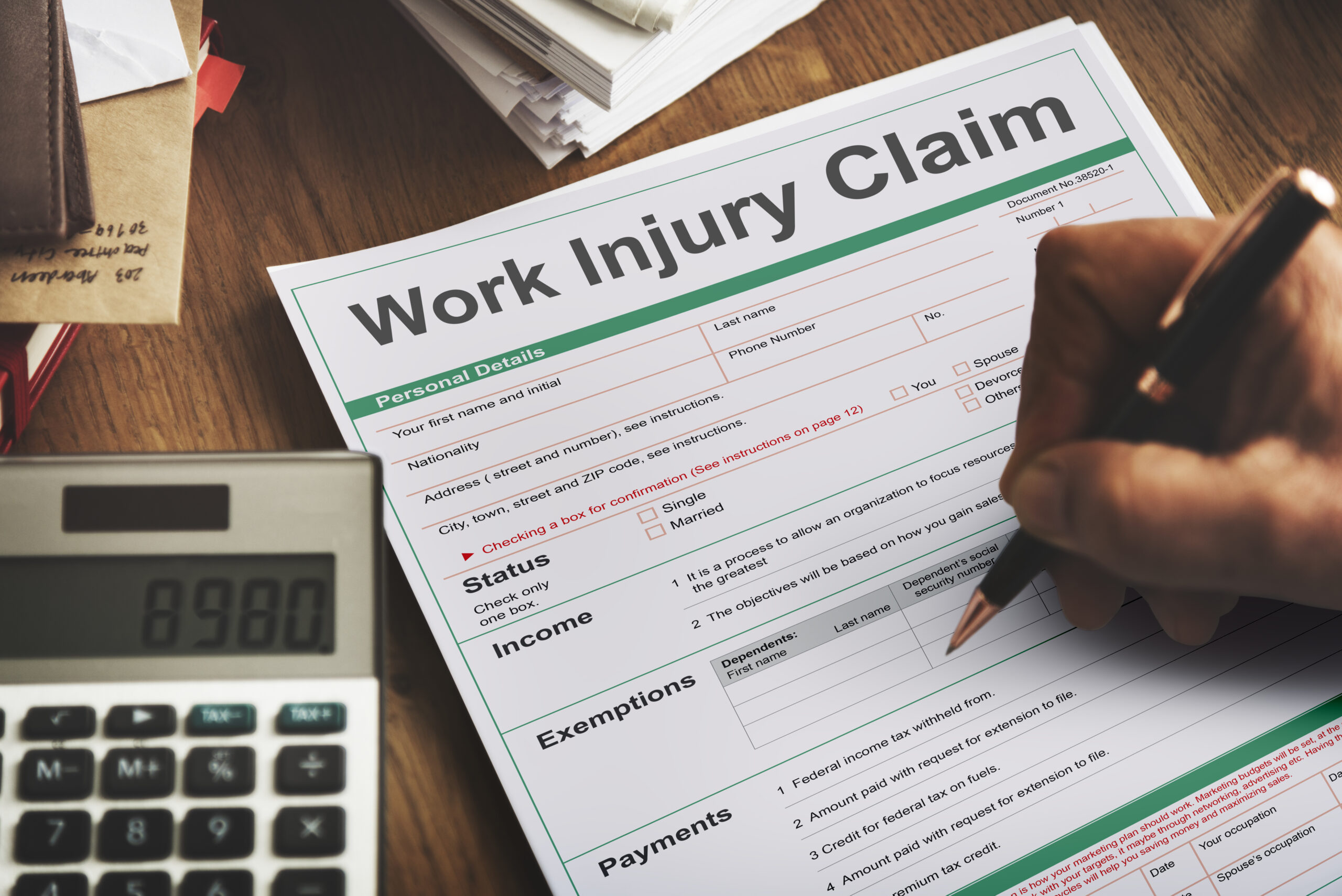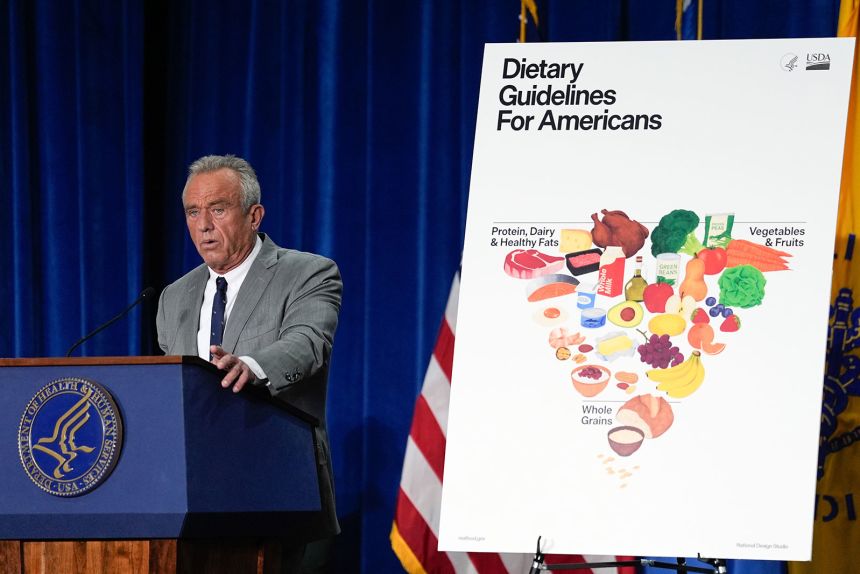In Florida’s competitive and ever-evolving restaurant industry, managing risk is as critical as crafting the perfect menu. As a restaurant owner, safeguarding your business against potential liabilities should be at the top of your priorities. One of the most significant risks involves foodborne illnesses or contamination claims, which can not only harm your reputation but also lead to expensive lawsuits. Food liability insurance is designed to mitigate such risks, ensuring that your restaurant is covered should an incident occur.
Understanding the Food Liability Insurance Cost is pivotal for business owners seeking to strike a balance between adequate coverage and cost-effective premiums. However, food liability insurance is just one piece of the puzzle. In this article, we will examine how various factors influence the cost of food liability insurance for restaurants in Florida, highlight additional coverage options such as General Liability, Workers’ Compensation, and Business Owners Policies, and explore strategies to reduce premiums. By the end of this guide, Florida restaurant owners will have a clearer understanding of how to protect their establishments without compromising on quality or profitability.
What is Food Liability Insurance?
Food liability insurance is a specialized type of coverage designed to protect restaurants from claims related to foodborne illnesses or other incidents that arise from the food or beverages they serve. This type of insurance is crucial because it addresses potential legal and financial risks if a customer gets sick after dining at your establishment or if there are issues with food allergies, contamination, or other food-related claims.
In Florida, where the hospitality industry is booming, food liability insurance is especially important for restaurant owners. Whether you operate a high-end restaurant, a casual eatery, or a food truck, this insurance can provide peace of mind knowing that your business is covered in the event of a food-related incident. For more details on food liability insurance and its importance, you can refer to the Florida Department of Health’s guidelines on food safety.
Factors Influencing Food Liability Insurance Cost in Florida
The cost of Food Liability Insurance can vary significantly based on several factors, including the type of restaurant, the size of your establishment, and the level of coverage required. Here are some of the key factors that affect the cost of food liability insurance in Florida:
1. Size and Type of Restaurant
The size and type of restaurant you operate will influence the premiums for food liability insurance. For example, a small family-owned diner may pay less than a large, upscale restaurant due to the differences in risk exposure. Fine dining restaurants often have higher food liability premiums because they serve more intricate dishes, which could lead to higher chances of food allergies or contamination issues.
2. Annual Revenue
Insurance providers often consider your restaurant’s annual revenue when determining the cost of food liability insurance. A restaurant with higher annual revenue may face higher premiums because it serves more customers and generates more business activity, thus increasing the potential for claims.
3. Location
The location of your restaurant in Florida plays a role in the overall cost of your insurance. Cities with higher traffic and larger populations, such as Miami or Orlando, may have higher premiums due to increased exposure to foodborne illness claims. Conversely, rural areas might see lower premiums.
4. Menu and Food Offerings
The type of food you serve and your menu offerings can also affect the cost of insurance. If your restaurant serves high-risk foods such as raw meat, seafood, or exotic dishes, your insurance premium may be higher because of the potential for foodborne illnesses or allergic reactions.
5. Claims History
If your restaurant has a history of previous insurance claims related to foodborne illnesses or food-related incidents, your premiums may increase. Insurance providers may view your business as a higher risk and adjust the pricing accordingly.
Types of Restaurant Insurance Coverage to Consider
Beyond Food Liability Insurance, there are several other types of restaurant insurance policies that can help safeguard your business against unforeseen risks. A comprehensive insurance plan for restaurant owners typically includes the following coverage:
1. General Liability Insurance
General liability insurance is one of the most common types of coverage for restaurants. It protects your restaurant from a variety of claims, including third-party bodily injury, property damage, and legal fees. For example, if a customer slips and falls while walking into your restaurant, general liability insurance would cover their medical expenses and legal fees if a lawsuit arises.
General liability insurance is essential for restaurant owners because it covers everyday risks that could threaten the financial stability of your business. Without this coverage, even a small accident could lead to costly litigation.

2. Workers Compensation Insurance
This type of insurance is not only a legal requirement in Florida for restaurants that have employees, but it is also a critical safety net for both restaurant owners and their staff. This insurance provides financial protection by covering medical expenses, lost wages, and rehabilitation costs for employees who are injured while performing their job duties. It also helps cover legal fees if an employee files a lawsuit as a result of a workplace injury, offering crucial support in situations where the employer may be liable for damages.
For restaurants, Workers’ Compensation is particularly important because employees face a higher risk of accidents. Whether they are working in the kitchen with sharp knives and hot equipment, carrying heavy trays, or serving customers on the dining floor, the physical nature of restaurant work creates potential hazards. Employees may suffer injuries such as burns, slips, falls, cuts, or musculoskeletal disorders from repetitive tasks. In such cases, workers’ compensation insurance helps ensure that your employees are taken care of while protecting your business from costly lawsuits and claims.
Having workers’ compensation insurance not only ensures compliance with Florida state laws but also promotes a safer working environment. It shows your employees that you value their well-being, which can improve morale and reduce turnover. Additionally, by having this coverage in place, restaurant owners can prevent the financial strain that may result from unexpected workplace accidents.
3. Business Owners Policy (BOP)
A Business Owners Policy (BOP) is a bundled insurance package that combines several essential coverage types into one convenient plan, providing restaurant owners with comprehensive protection. This policy typically includes General Liability Insurance, Property Insurance, and Business Interruption Insurance, all packaged together to meet the unique needs of small- to medium-sized businesses.
For restaurant owners in Florida, a BOP offers a streamlined, cost-effective solution that helps reduce the complexity of managing multiple policies. Instead of purchasing separate policies for property, liability, and business interruption, the BOP combines these essential coverages into one unified package. This can result in lower premiums compared to buying individual policies and makes managing your restaurant’s insurance needs much more straightforward.
A BOP can also provide robust protection against various risks commonly faced by restaurants, such as natural disasters, fire, theft, and even vandalism. Florida’s climate, with its susceptibility to hurricanes and tropical storms, means that having property insurance under a BOP is particularly important for safeguarding your restaurant from weather-related damage. Additionally, Business Interruption Insurance ensures that, in the event of a disaster or major incident, you’ll be covered for lost revenue and operating expenses during the period when your restaurant cannot function.
This all-in-one solution helps ensure that your restaurant is comprehensively protected from a range of potential risks without the need to buy multiple, separate policies. It’s an especially effective option for restaurant owners who want to secure their business while keeping insurance costs manageable.
To learn more about the benefits of Business Owners Policies and how they can help protect your restaurant, check out the Small Business Administration (SBA) page on BOPs.
Why Eco-Friendly Practices Matter for Restaurant Insurance
In today’s world, eco-friendly practices are not only important for the environment but can also have a positive impact on your restaurant’s insurance premiums. Many insurance companies are offering discounts or special coverage options for restaurants that implement green initiatives, such as reducing energy consumption, minimizing waste, or using sustainable ingredients.
Here are a few eco-friendly practices that can help lower your food liability insurance cost and make your business more sustainable:
- Energy-efficient appliances: Using energy-efficient kitchen equipment and lighting can reduce your overall energy consumption, making your restaurant more environmentally friendly and potentially lowering your insurance premiums.
- Waste reduction: Restaurants that actively engage in waste reduction practices, such as composting or recycling, may be able to negotiate lower premiums as they demonstrate a commitment to sustainability.
- Sustainable sourcing: Choosing locally sourced, organic, or sustainably farmed ingredients not only supports the environment but can also show insurance providers that your restaurant is taking steps to reduce risks associated with food safety.
By adopting eco-friendly practices, restaurant owners can demonstrate their commitment to sustainability, which can help lower overall costs while also benefiting the environment.
The Importance of Tailored Restaurant Insurance in Florida
Each restaurant has unique risks and needs, so it’s essential to work with an insurance provider who can offer a tailored insurance plan. When selecting restaurant insurance in Florida, be sure to consider your specific operational risks and seek out coverage that aligns with your business model. A one-size-fits-all approach may not provide the comprehensive protection your restaurant needs.
Whether you’re concerned about Food Liability Insurance Cost, Workers’ Compensation, or General Liability, a specialized insurance provider can help ensure that you have the right coverage for your business.
USA-CIS offers a range of restaurant insurance services tailored to Florida businesses, providing customized coverage that protects your restaurant and supports your long-term success. Visit this page to learn more about the types of insurance coverage your restaurant needs.
Final Thoughts
Operating a restaurant in Florida comes with its own set of risks, especially when it comes to food safety. Understanding the cost of Food Liability Insurance and the other essential policies you need to protect your restaurant is crucial for ensuring the longevity and success of your business. By choosing the right coverage and adopting eco-friendly practices, you can reduce risks, lower insurance costs, and run a more sustainable operation.
When it comes to restaurant insurance, it’s important to assess your needs, compare options, and work with a reliable insurance provider that understands the unique challenges of the food industry. By taking these steps, you’ll have peace of mind knowing your business is protected and ready to thrive in the competitive Florida market.
Frequently Asked Questions (FAQs)
- What is the average cost of food liability insurance for restaurants in Florida? The cost of food liability insurance varies based on factors such as restaurant size, annual revenue, and location. On average, small restaurants may pay between $500 and $1,500 annually for this coverage.
- What does general liability insurance cover for restaurants? General liability insurance for restaurants covers third-party claims for bodily injury, property damage, and advertising injuries. This is crucial for protecting your restaurant against customer accidents or incidents on your premises.
- Do I need workers’ compensation insurance for my Florida restaurant? Yes, Florida law requires all businesses with employees to carry workers’ compensation insurance. This coverage helps protect your staff in the event of work-related injuries.
- How can eco-friendly practices affect my restaurant’s insurance premiums? Eco-friendly practices, such as energy-efficient appliances and waste reduction, can lead to lower premiums as insurance providers often offer discounts for businesses that demonstrate a commitment to sustainability.
- What is a Business Owners Policy (BOP), and should I consider it for my restaurant? A Business Owners Policy (BOP) is a bundled insurance plan that typically includes general liability, property insurance, and business interruption coverage. It’s an affordable option for small- to medium-sized restaurants looking for comprehensive protection.
By understanding the Food Liability Insurance Cost and the various types of coverage you need, you can better protect your Florida restaurant and ensure your business remains secure, sustainable, and prepared for the unexpected.
Get in touch with Commercialize Insurance Services to get a free quote with the best rates on the insurance market by calling at (321) 830- 0006. You can also follow them on Facebook, Instagram, and LinkedIn to find more insurance tips and updates.





